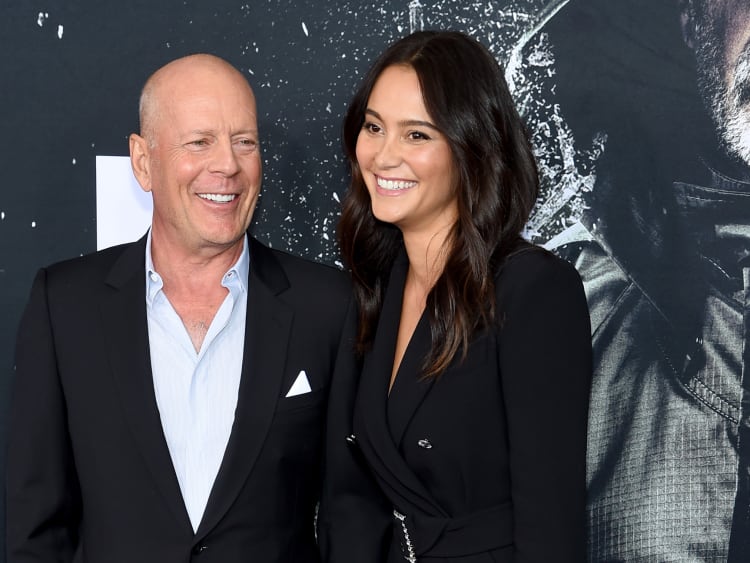
Actor Bruce Willis was diagnosed with frontotemporal dementia (FTD) in 2023. He and his wife were given a pamphlet & told to “check back” with the medical provider in a few months. Emma Heming Willis, Bruce’s wife, reports that the encounter left her “frozen with fear, confusion, and a sense that her world had just fallen apart.”
Unfortunately, her experience is not uncommon. Over the past several years, we at the Dementia Institute have had numerous encounters with spouses and families who have heard similar messages:
- “There’s nothing I can do for you.”
- “It’s a terminal disease. Get your affairs in order.”
- “No need for a follow-up appointment. You’re about 6 months away from needing a nursing home.”
We cringe when we hear things like this. We also lament the fact that referrals and resources are infrequently given. Heming Willis is right: Dementia is a journey. Most of us need a plan when we take a journey, especially if it’s an unexpected one.
Heming Willis’s memoir—The Unexpected Journey, released today—serves as something she wished she’d been given: “a supportive guide to navigating the complicated, heartbreaking, and transformative experience that is caregiving for your loved one” (HarpersCollins Publishers, 2025).
When a couple or family travel the path of dementia, they need a navigator: someone who knows the resources that are available, someone who can provide strategies for how to communicate as symptoms progress, someone who can offer hope and support. A pamphlet and an appointment in another six months just won’t cut it.
We at the Dementia Institute know that. We are here to help.
Rosemary Apol-Hoezee, RN, MPH, CPHRM, CDP
Dementia Specialist with the Dementia Institute
Photo: Bruce Willis and Emma Heming Willis, credit Jamie McCarthy/Getty Images
For guidance and support in developing your own plan for dementia, register today for a Personal Consultation with an expert from the Dementia Institute.